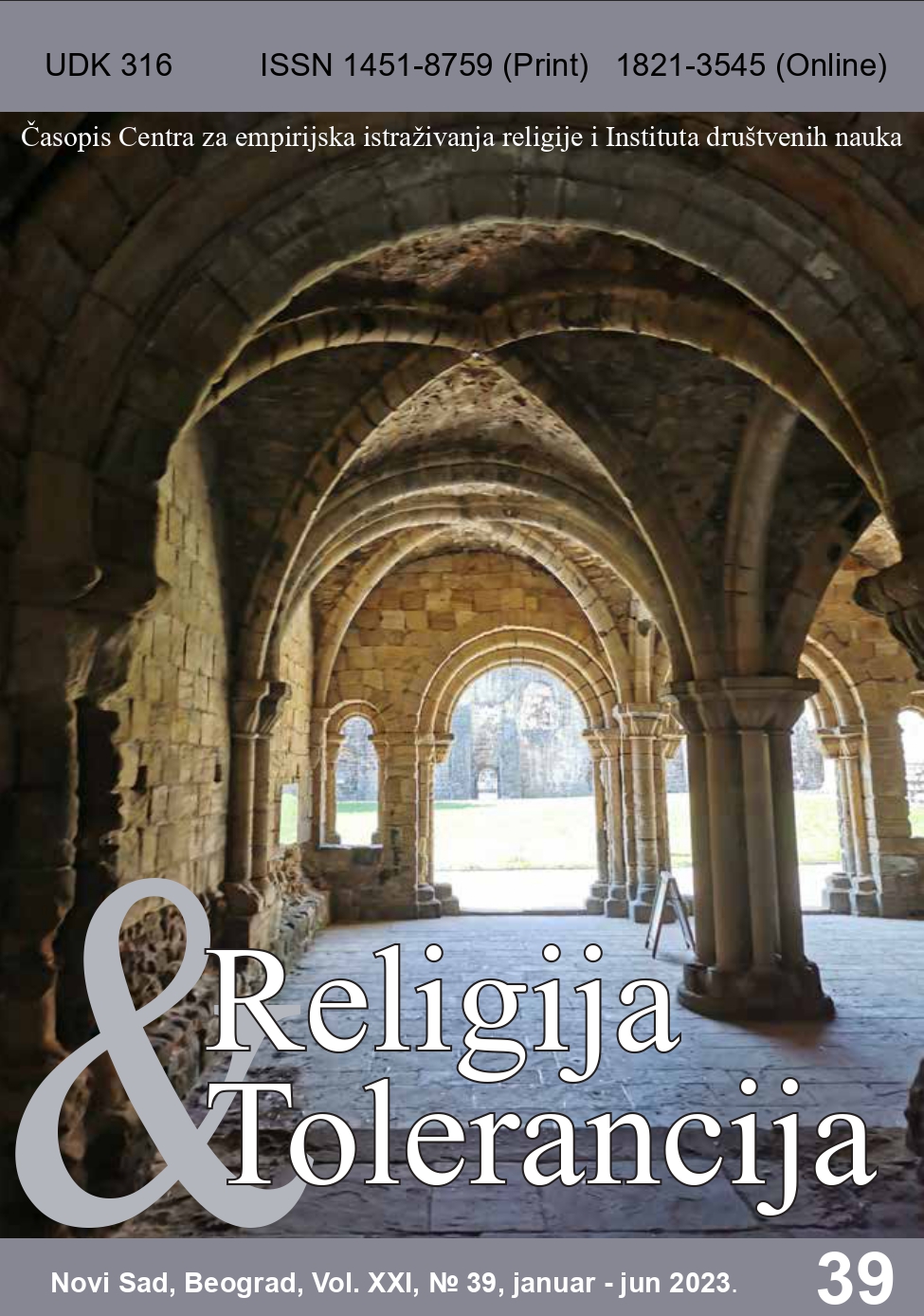INTERACTIVE EFFECT OF RELIGIOSITY AND INTERNET USE ON VACCINATION ATTITUDES
INTERACTIVE EFFECT OF RELIGIOSITY AND INTERNET USE ON VACCINATION ATTITUDES
Author(s): Željko Pavić, Emma Kovačević, Juraj JurlinaSubject(s): Theology and Religion, Religion and science
Published by: Centar za empirijska istraživanja religije (CEIR)
Keywords: religiosity; vaccine conspiracy beliefs; media; Internet; health information
Summary/Abstract: During the time of COVID-19 pandemic, vaccination attitudes have become one of the most important public health issues, while their determinants have also become a widely researched topic. The main goal of the paper is to explore the connection between religiosity, Internet use and vaccination attitudes, i.e. to determine possible interaction effect between Internet use and religiosity. In order to achieve the research goal, the authors compared the results from two surveys – one conducted on an online non-random sample of the Croatian general population (N = 822) in 2019 (before the pandemic) and the other conducted on a nationally representative online quota sample (N = 1.500) in 2022 (during the pandemic). The data were analyzed with hierarchical linear regressions, and the results showed that religiosity was a significant predictor of vaccine hesitancy both before and during the pandemic. Therefore, there seems to be a tension between science, as a secular ideology, and religion. The results also showed that before the pandemic Internet use was negatively correlated with vaccine hesitancy, probably indicating the positive correlation between the social integration and Internet use. The results from 2022 showed that there was an interactive impact of religiosity and Internet use, i.e. that the relationship between time spent on the Internet showed different signs among religious and non-religious persons. Namely, among the religious persons, those who spent more time on the Internet (one standard deviation above the average) had about one point higher vaccination conspiracy beliefs in comparison to the persons who spent less time on the Internet (one standard deviation below the average). Among the less religious persons the pattern was different – persons who spent more time on the Internet had one point lower result on the vaccination conspiracy scale. The results are framed within the general relations between religion and science/technology as partially competing worldviews, as well having in mind the theories of media effects and the social uses of media technologies.
Journal: Religija i tolerancija
- Issue Year: 21/2023
- Issue No: 39
- Page Range: 7-20
- Page Count: 14
- Language: English

